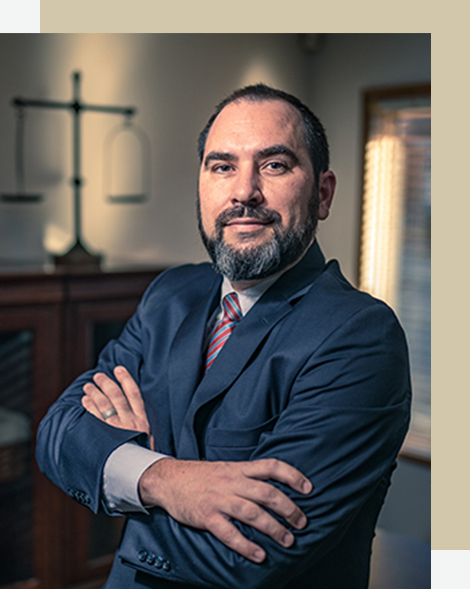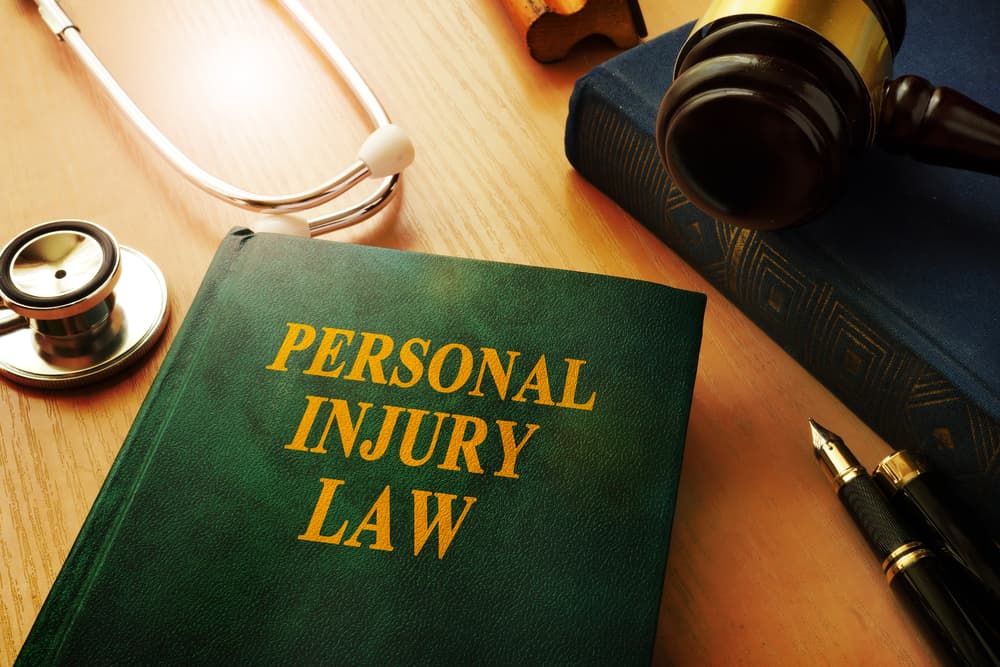
Each year, millions of people suffer injuries due to another party’s negligence, costing billions of dollars in medical expenses and lost income. If you have been the subject of a personal injury, you may not know what damages you may recover.
When you hire an experienced personal injury lawyer, they will first determine whether you have a valid claim. Then, they will examine the severity of your injuries and losses to calculate what you can sue for and how much compensation you should demand.
Personal Injury Damages
Damages are losses a liable person or entity must pay an injured party. Damages make a victim of a personal injury or their loved ones whole again. This is the relief your attorney will demand in a personal injury lawsuit.
Damages are available in three forms: economic, non-economic, and punitive.
Both economic and non-economic damages are classified as compensatory damages, which reflect the actual loss you suffered.
Economic Damages
Economic damages are losses that directly take money out of your pocket.
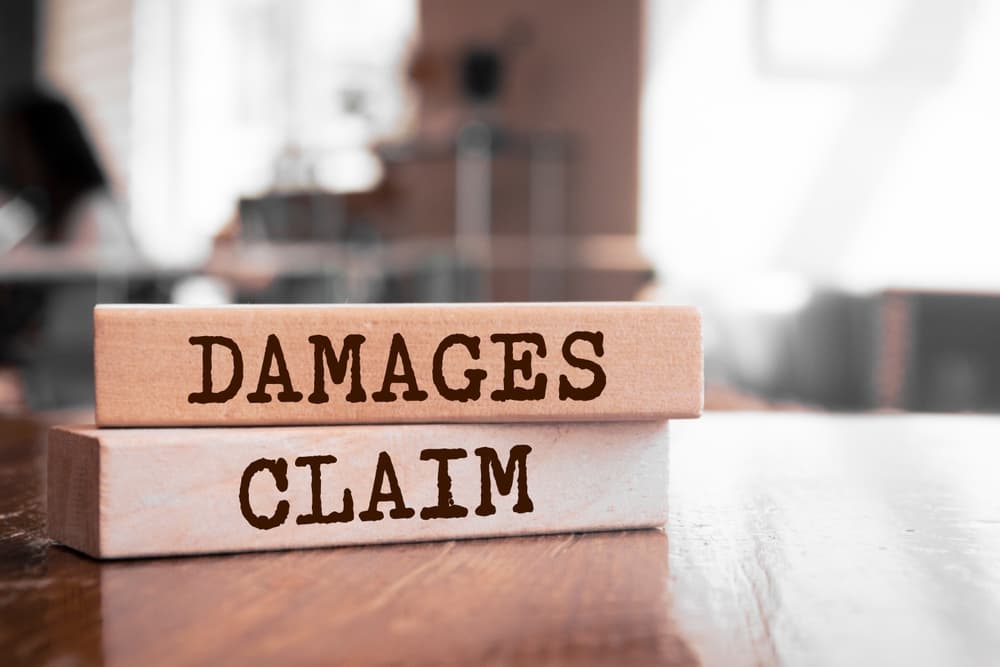
Economic damages may encompass:
- Lost income
- Ambulatory services
- Surgeries and treatments
- Home modifications
- Property damage
Economic damages in a wrongful death suit differ slightly and may include:
- Loss of financial contributions
- Loss of future earnings
- Loss of inheritance
- Funeral costs
- Burial expenses
Non-economic Damages
Non-economic damages, in contrast, are those losses that impact your quality of life. These are non-pecuniary losses, meaning they do not have inherent monetary value on their own.
Non-economic damages may include:
- Pain and suffering
- Mental anguish
- Loss of companionship and society
- Disfigurement
- Infliction of emotional distress
Punitive Damages
Also known as exemplary damages, punitive damages serve a dual purpose: punishing the defendant for their wrongful actions while deterring others from exhibiting similar behavior.
Punitive damages only apply when the defendant exhibited gross negligence, wanton misconduct, or recklessness.
Again, what you sue for will depend on your losses and the circumstances of your case. Your personal injury attorney will determine what to demand in your case.
Common Personal Injury Claims
Every personal injury case is unique, resulting in different challenges for each victim. The following are some examples of common incidents that lead to injury lawsuits.
Motor Vehicle Accidents
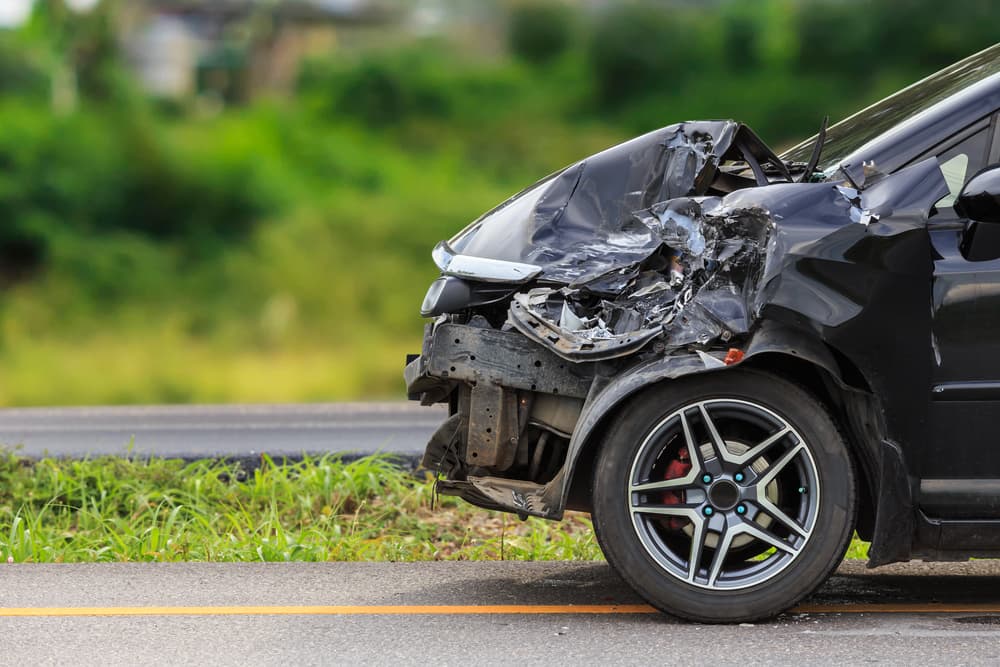
Over 5.2 million people sustained injuries in vehicular accidents that required medical intervention in a recent year. In the same year, medical costs accounted for roughly $481.2 billion.
Traffic accidents are a leading cause of injuries and deaths in the United States.
The average car insurance claim in an injury collision costs tens of thousands of dollars. If the wrongful party does not have adequate insurance coverage, you may need to tap into uninsured/underinsured motorist (UM/UIM) coverage, if applicable.
You may consider filing a personal injury suit to recover damages if you sustain severe injuries. It is easier to file a personal injury suit in at-fault states, although no-fault states allow you to exit the no-fault system to sue under certain circumstances. Each no-fault state has a different threshold for when you can exit the no-fault system.
Always discuss your options to file a lawsuit and seek damages with your personal injury lawyer.
Premises Liability
Whether it be due to a faulty amusement park ride, swimming pool accident, or slip and fall, many property-related accidents and injuries happen every day across the U.S. Of these incidents, many occur on another person’s property.
While most premises liability accidents are covered under the insured’s homeowners’ or commercial liability insurance, some cases do reach the courtroom.
Liability will depend on the laws governing the state where the incident took place. Generally speaking, an owner or occupier has a duty to protect lawful visitors from harm and is liable when they fail to do so.
Dog Bites
A dog owner is typically responsible for any injuries if their dog bites someone. The exception to this law is if the injury victim teased or provoked the dog, instigating the attack.
Each state has its own laws regarding when the dog owner is liable. In some states, a dog is given one free bite, meaning you cannot hold the owner liable until the second time the dog attacks someone. In other states, a dog owner is strictly liable, even if the dog has no history of violence.
Dog bites are notorious for causing nasty infections, requiring a bite victim to receive immediate medical attention. In severe cases, dog bites can cause gangrene and even death.
Product Liability
Manufacturers, importers, distributors, and retailers must report any product defects to the Consumer Product Safety Commission (CPSC). A defective product can cause serious injuries, often requiring extensive medical treatment.
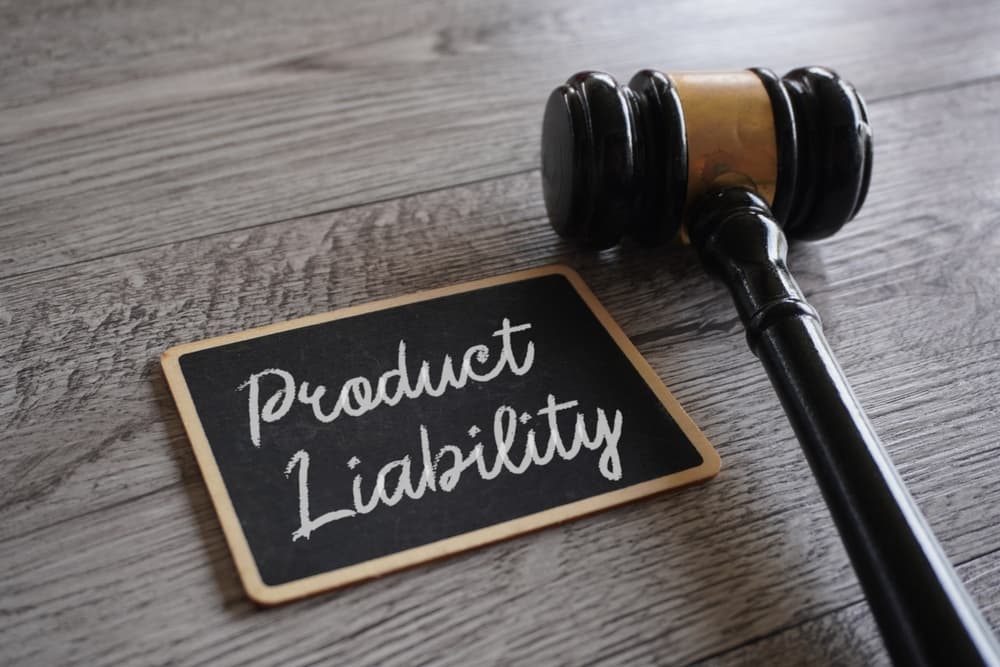
Examples of defective products may include:
- Seat belts in vehicles
- Airbags
- Household appliances
- Space heaters
- Children’s toys
Unlike other personal injury cases, defective product claims are often based on strict liability. Parties are strictly liable when they are legally responsible for a person’s injury without any specific negligence.
Wrongful Death
A wrongful death suit may arise when a person dies in a car collision, from using a defective product, or falling on another person’s property. A wrongful death suit is brought by the deceased’s estate or close family members.
Claimants in a wrongful death suit seek to recover financial compensation from the person they believe caused their loved one’s death. In a wrongful death suit, family members can typically recover for both financial and emotional damages.
Some jurisdictions allow survival actions. These actions are typically treated like personal injury cases, allowing the family to recover compensation as though the deceased survived his or her injuries.
Schedule Your Free Consultation Today With a Personal Injury Lawyer
Personal injury victims often feel overwhelmed by large medical bills and an inability to earn a regular income. If you suffered injuries and losses, now is the time to speak with a personal injury attorney. Schedule your complimentary consultation with a law firm near you to find out more.
